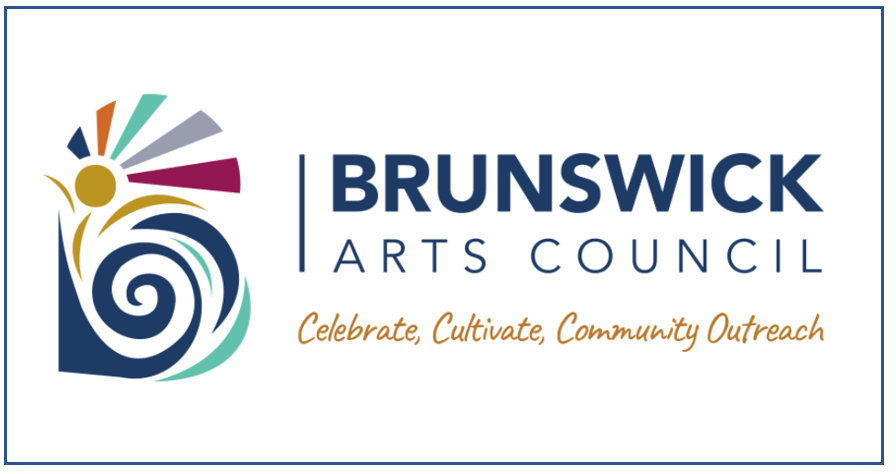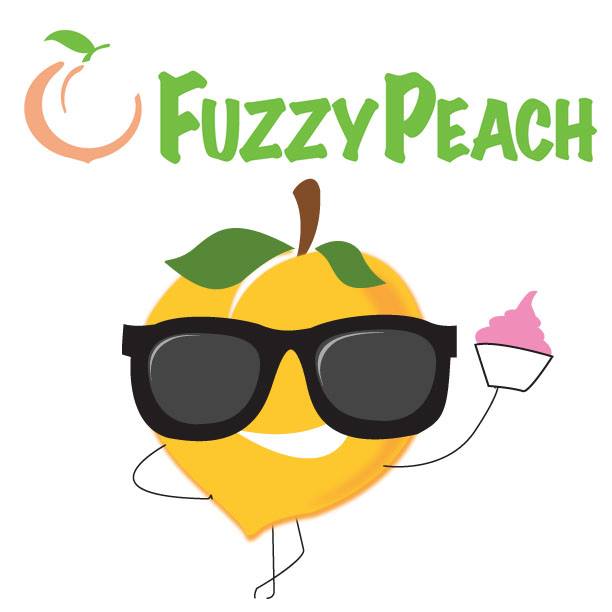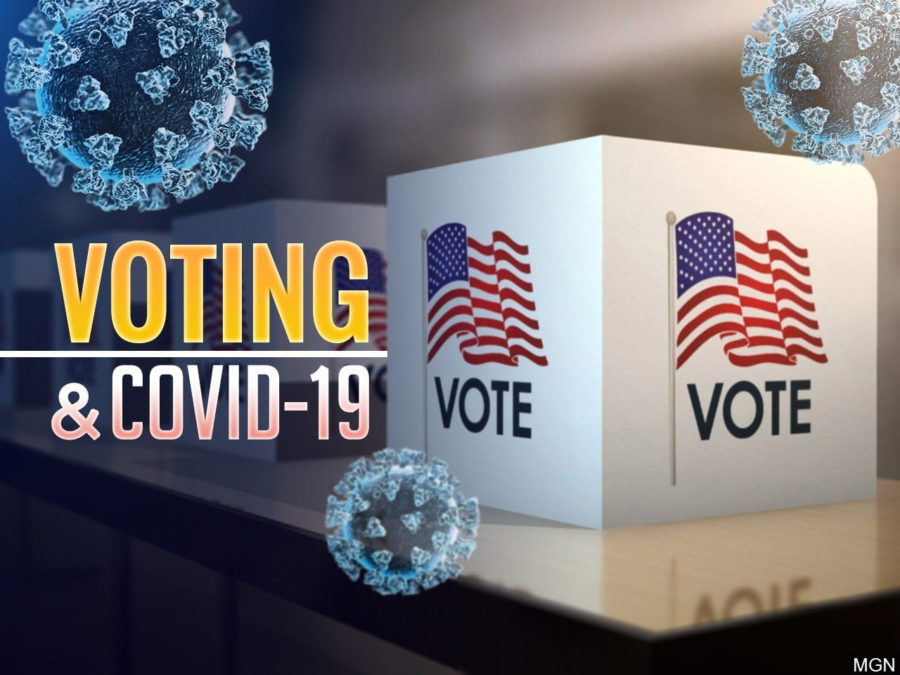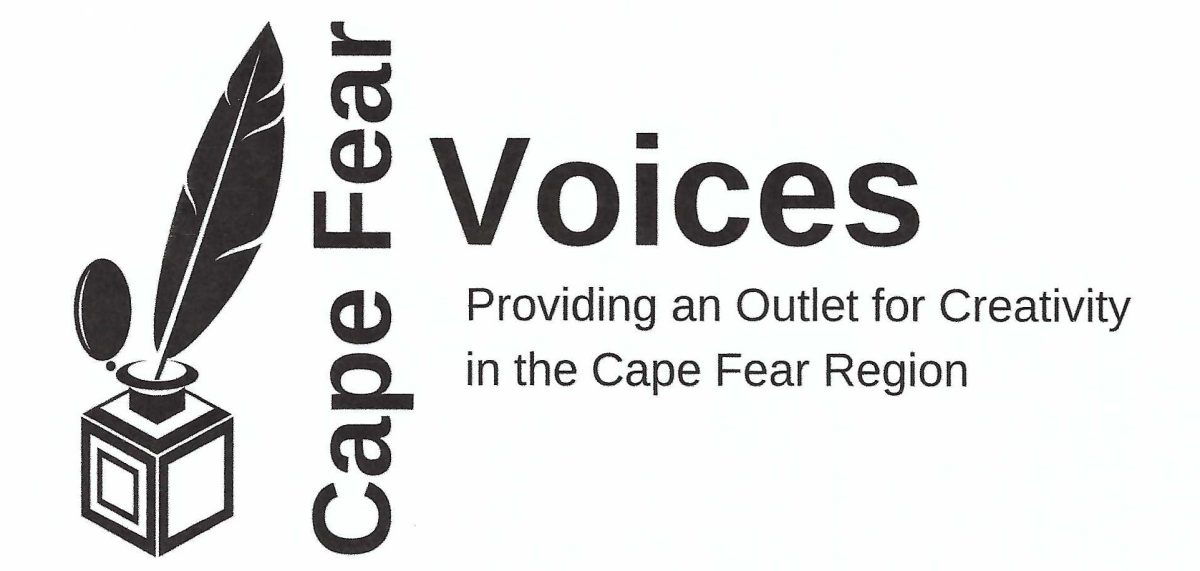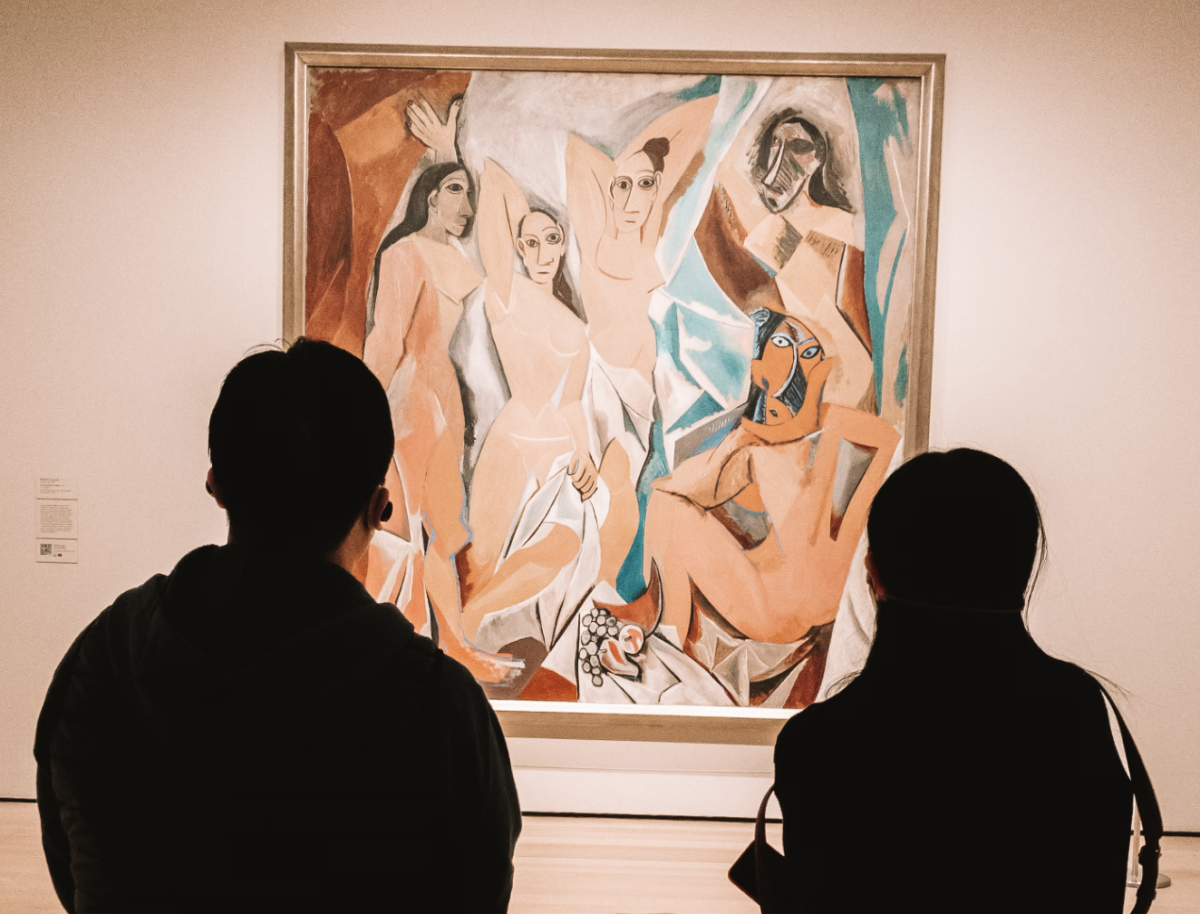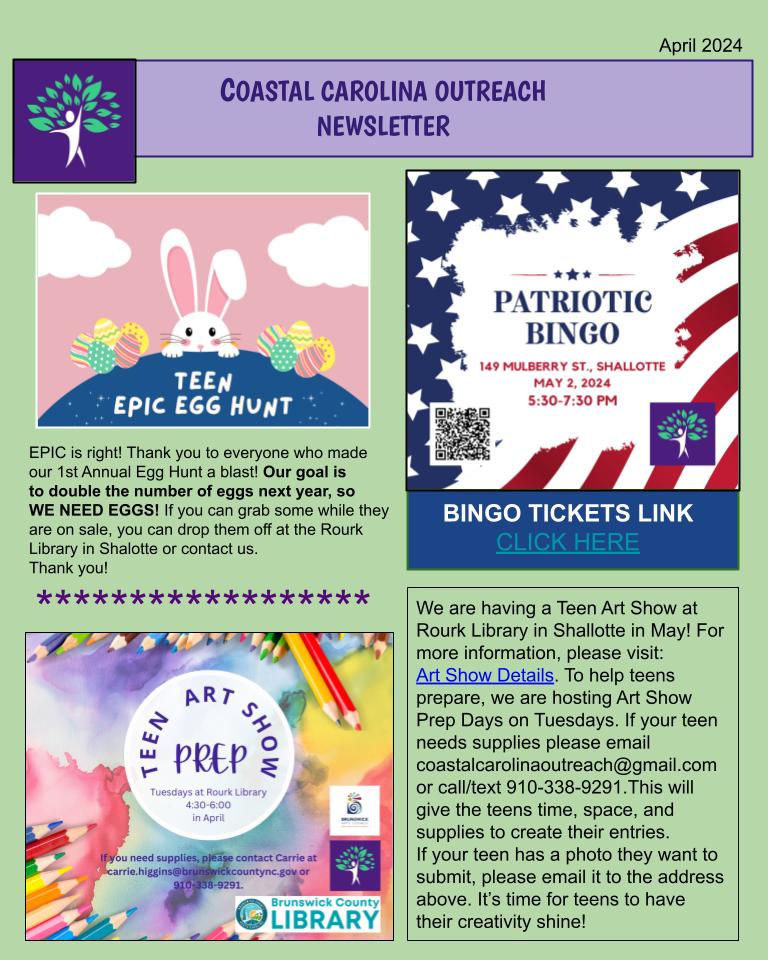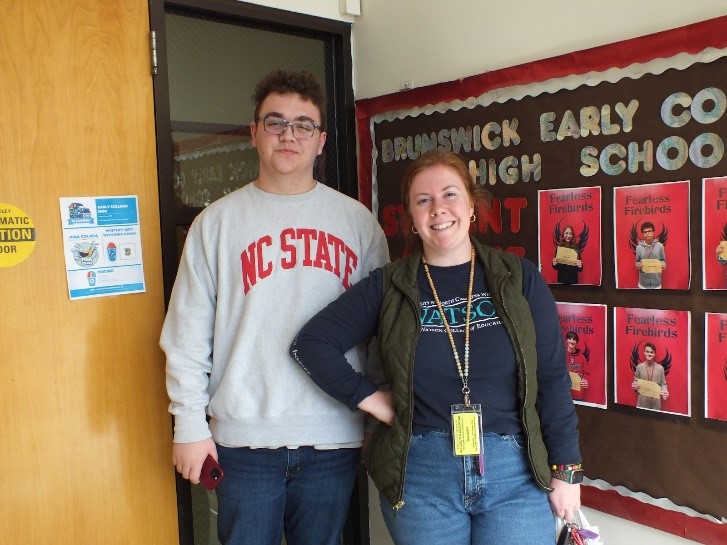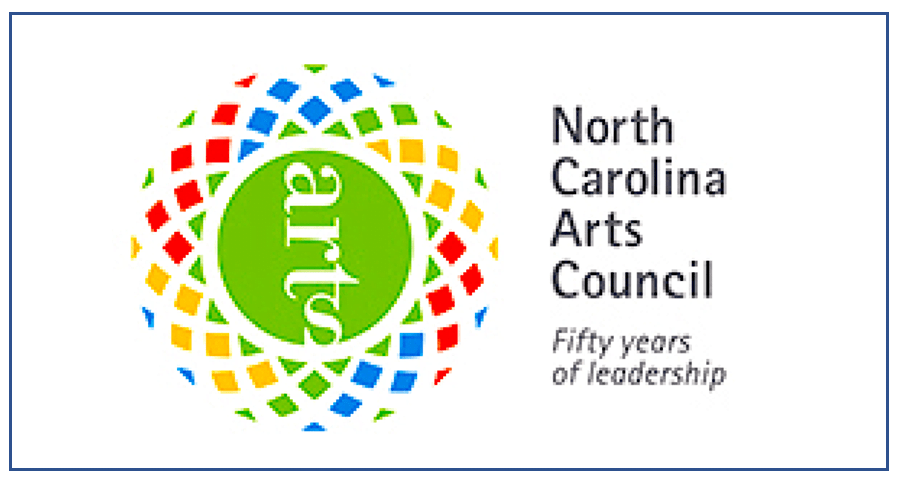Whenever there is a significant conflict, one of the most prominent solutions to solving that division is through the concept of voting. This could be a show of hands to decide who is the student leader in a classroom, or as significant as picking a political candidate to appoint to the United States government. This November, we witnessed our federal election, which consisted of tug- of- war promotions between parties, campaign trails, and broad news coverage.
This year’s election process has been a little different due to COVID-19 protocols in place. However, the turnout has never been so exponential. Over 140 million citizens went to cast their votes to make a clear statement. The early voting period started on October 15th and went until October 31st in North Carolina. Moreover, the traditional Election Day was held on November 3rd, where many people could vote at libraries, government buildings, college campuses, etc. According to the North Carolina Board of Elections, over seven million people were eligible voters. At in-person sites, most voting stations required social distancing, masks upon arrival, and hand sanitizer before a voter could cast their ballot.
The main reason why people had an easier experience voting in this difficult year of quarantine is because of absentee voting. This concept of voting has been around for many years. It allowed voters to participate in elections outside of the traditional polling place. As technology made its way into our everyday lives, voting- by- mail became a much easier process.
In North Carolina, voters would have had to submit their absentee ballot request by October 27th. Ballots would be completed with the verification signature of one eyewitness and mailed or returned in person to the appropriate County Board of Elections. Since the spread of this pandemic this year, it is estimated that around 50.3% of the votes were through absentee ballots/mail- in voting. This is a huge increase in voting opportunities compared to the 2016 Federal election. According to Pew Research, in 2016, only 24.9% of the 96.8 million general votes were cast through absentee voting.
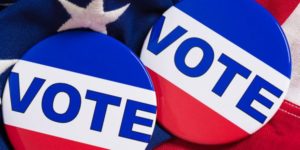
Due to many people still staying safe in their homes, many are having more social interaction online. This leads to sharing among social media apps. For example, networks like Instagram, Facebook, and Twitter have been putting informative advice about getting their audience to register to vote or to firmly encourage a friend or family member. This is very favorable for younger people (specifically between the ages of 18 through 29) since they are more likely to use these apps frequently. Young voter turnout is essential to building up the next generation for the future. According to CIRCLE (Center For Information & Research On Civic Learning And Engagement), around 15 million Americans have turned 18 and are eligible to vote since the 2016 primaries. I spoke to a college student here in Wilmington about their input on getting to vote this year. “In light of recent events and more access to news through social media, young voters have been more exposed to politics within recent years. This has caused a more determined obligation to vote and have our voices be heard. It will be a period to remember”.
However, there are some concerns about how social media could do more harm than good if it is not carefully inspected in this election season. Many claims have shown where voter misinformation sites were trying to persuade potential voters – from fake robot calls to sway opinions on casting a vote, to false voting guides to mislead people on materials. All these possibilities have had an effect on trying to keep the 2020 election season unfair.
When speaking to this college student, they elaborated on how at first, they were concerned about certain online sources. “There was definitely a lot of voting misinformation being spread, which causes confusion and frustration for undecided voters. Also, this could lead to people’s votes being suppressed if they don’t look into it properly.’
Hopefully, people with questions checked with their local Boards of Elections and did not use third-party sites to obtain their information. During the 2020 election cycle, most citizens went out to vote with a mission to make decisions based on human morals, no matter which party they were affiliated with. If we continue this process as time goes on, the number of registered voters can only increase.

